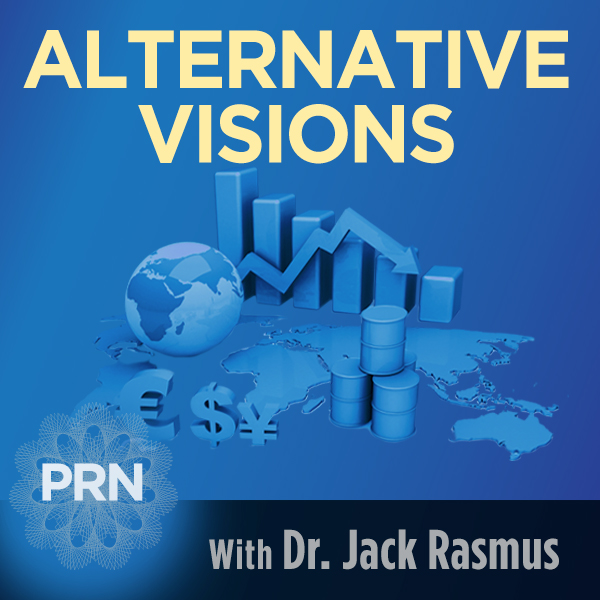In the first half hour of the show, Jack Rasmus takes on the professional economics forecasting establishment and their continual missed prognostications about the condition and direction of the US economy. Reviewing the most recent US economic data for March and April, revisions of US first quarter 2015 GDP estimates in late May show the US economy performed worse in the January-March period than the 0.2% GDP initial estimated growth rate. Jack discusses how new data on business inventories, trade, and retail sales will show a -0.5% or even worse in first quarter US GDP. Data for March and April already show a continuing soft trend, with US retail sales flat, and sales of autos and big ticket items collapsing. Contrary to economists’ past predictions, gasoline price declines of the previous six months have had little positive economic effect. What forecasters blamed on ‘bad weather’ in the winter they now explain as a ‘bad habit’ of continuing not to spend in the spring. Jack rejects both ‘bad weather’ and ‘bad habit’ arguments as just ‘bad forecasting’. The second half of the show addresses the growing likelihood that Britain will exit the European Union, now that Cameron and the Tories have just won a major re-election in Britain. What are the party and corporate interests within Britain in favor of ‘Brexit’? The likely responses of other Euro countries? Jack predicts a UK exit vote in 2016, sooner rather than the official later 2017 planned referendum announced by Cameron and the Tories. Also discussed are the likelihood of a Greek exit from the Eurozone. Jack predicts Greece will have to go through agreeing to a bad deal imposed on them this summer by the Troika of northern European bankers and elites, avoiding a default at great social cost to the Greek people, before Grexit is on the agenda. As the Greek economy slips back into depression in 2015-16, Grexit will grow as the only remaining alternative to end its depression. To prepare, Jack suggests Greece launch a second, parallel currency (New Drachma?) in the interim, and then pay Euro debt with an inflated new currency, offering the Troika to ‘take it or leave it’.

